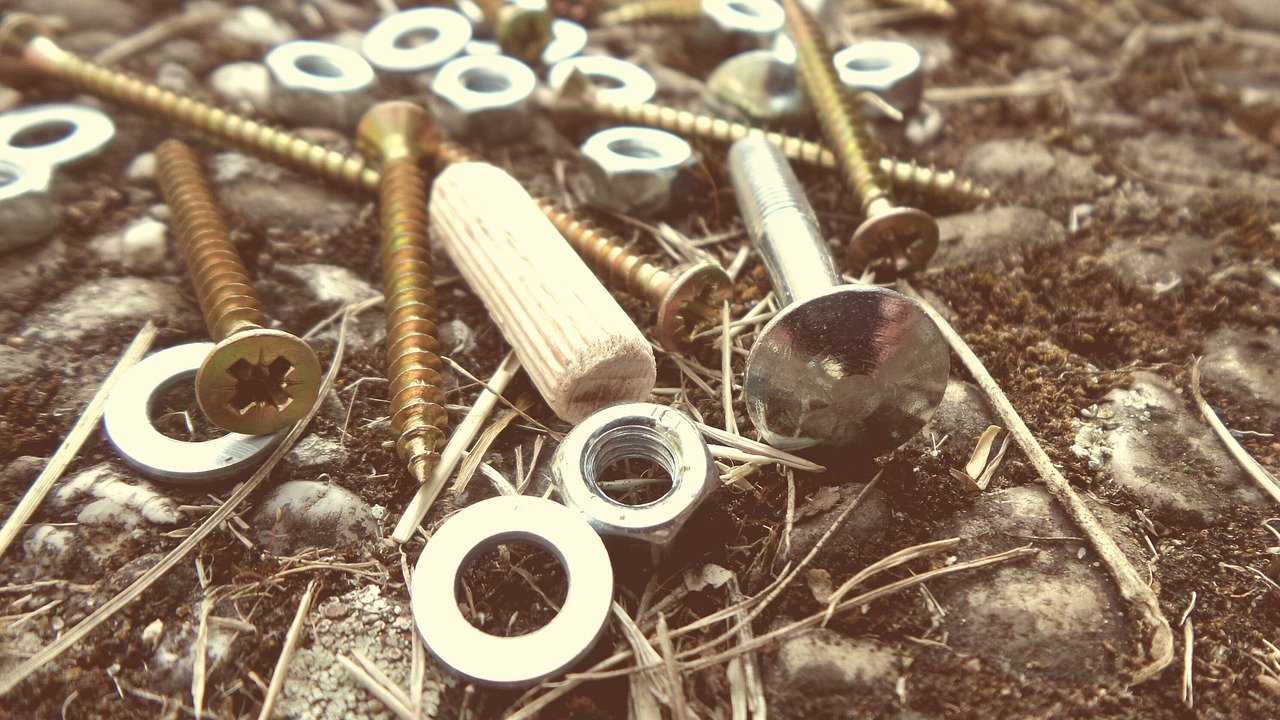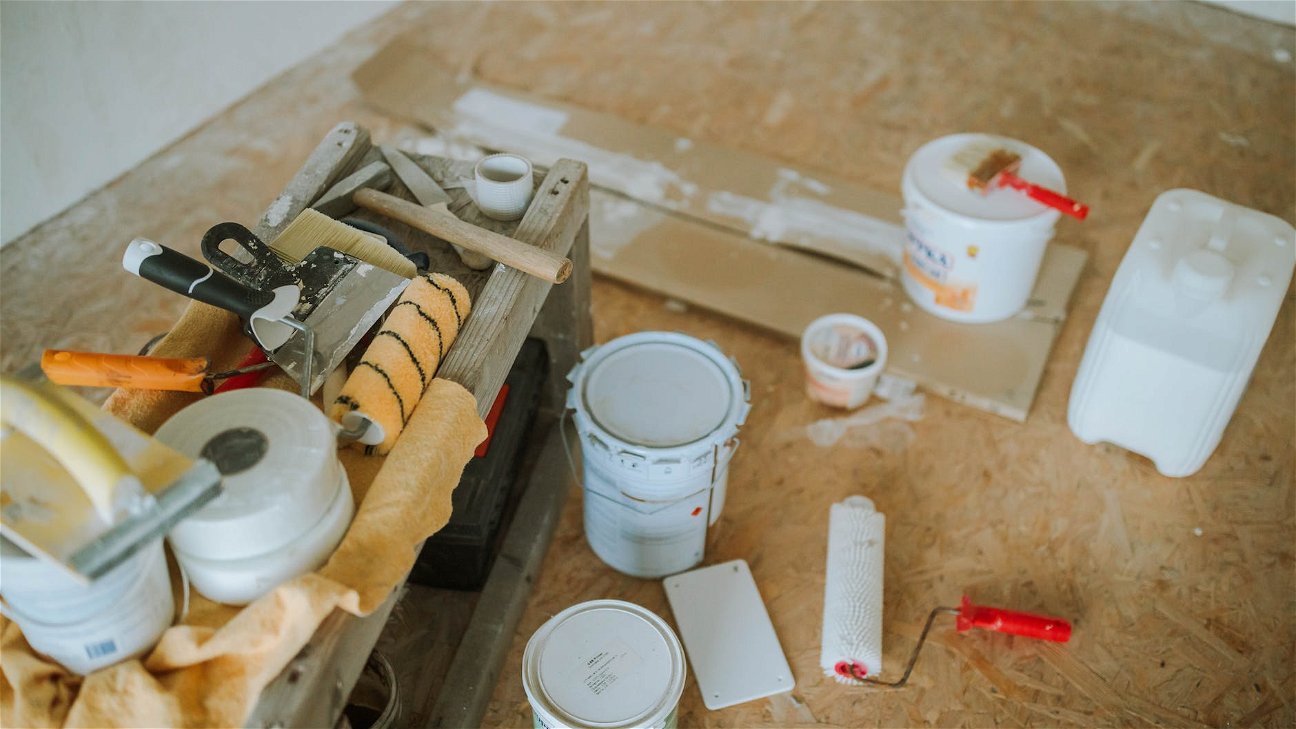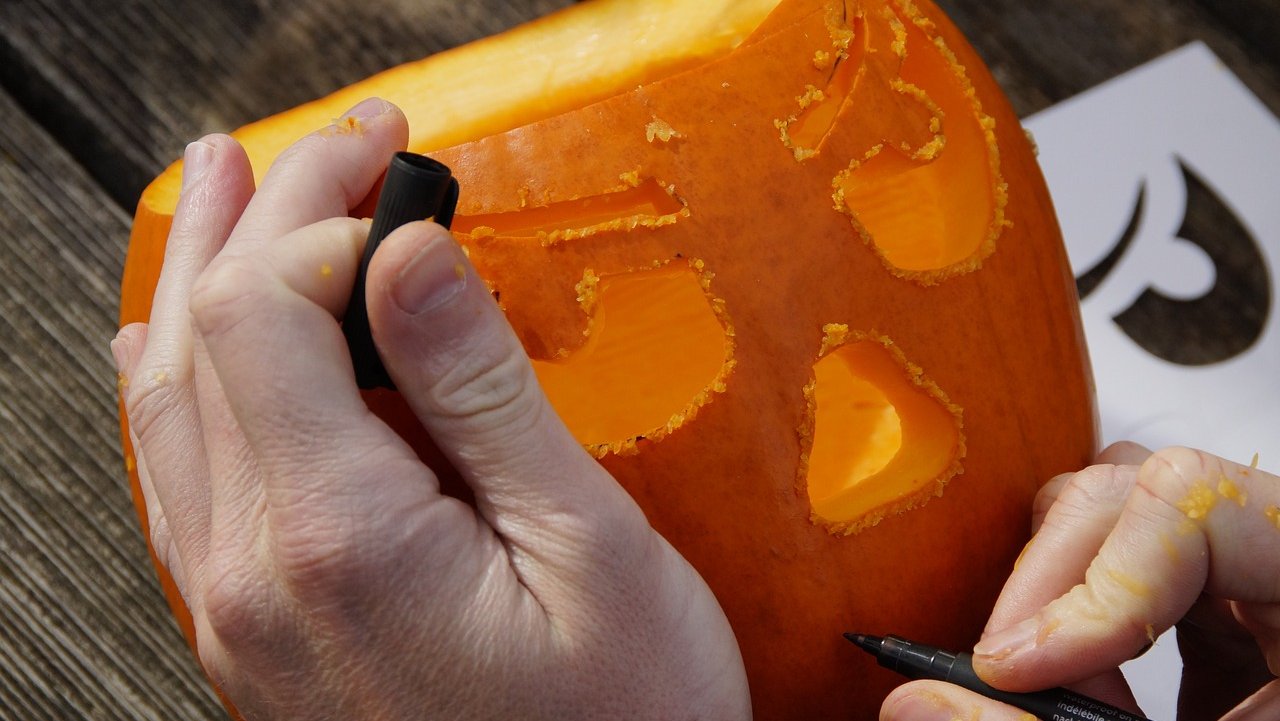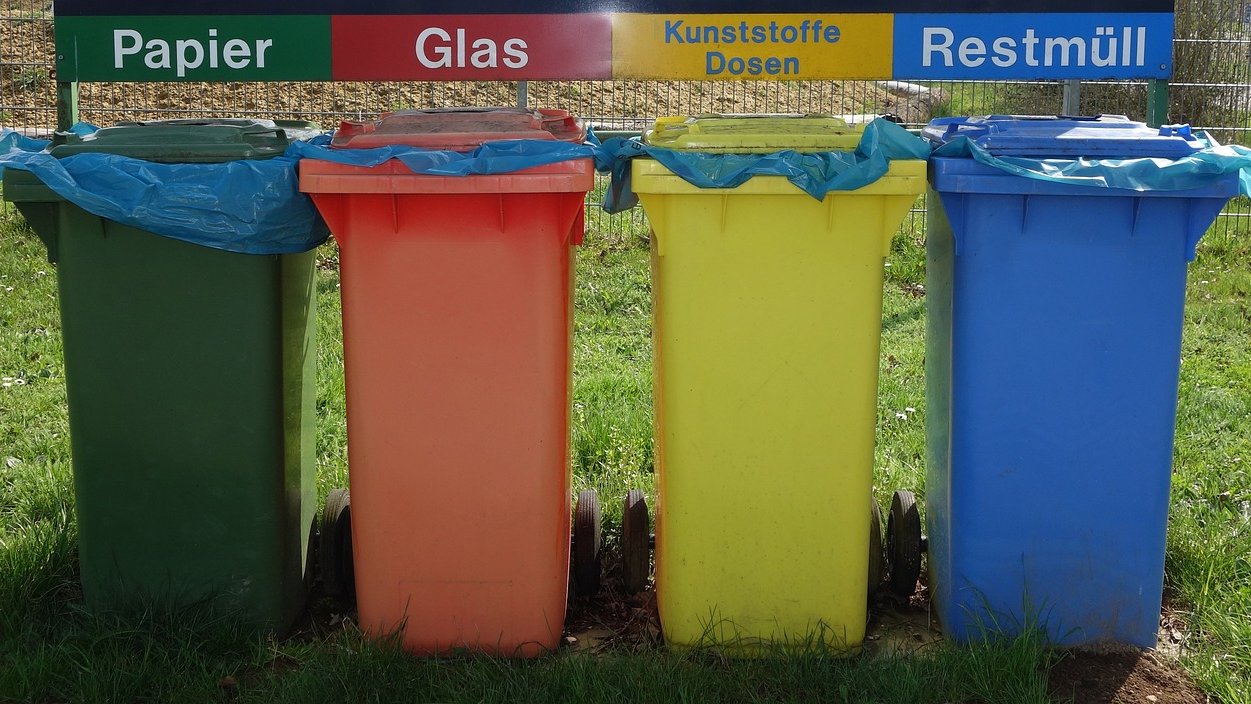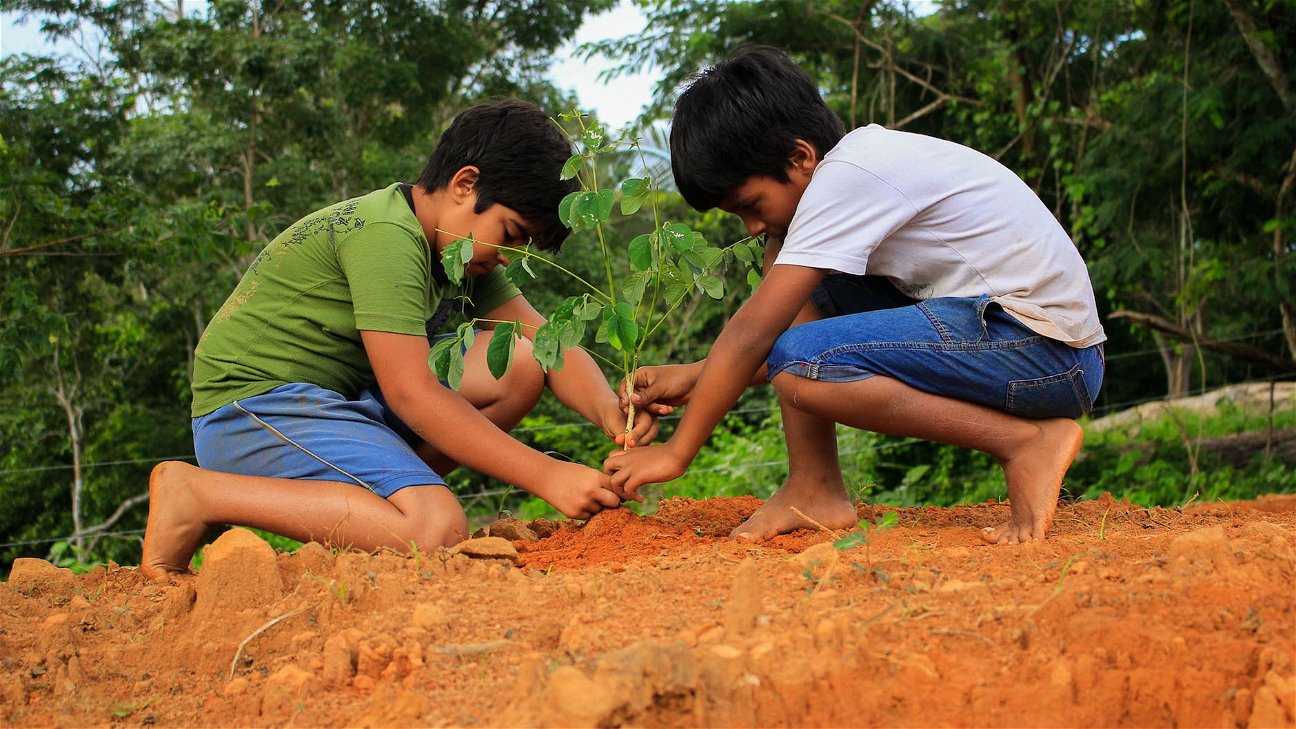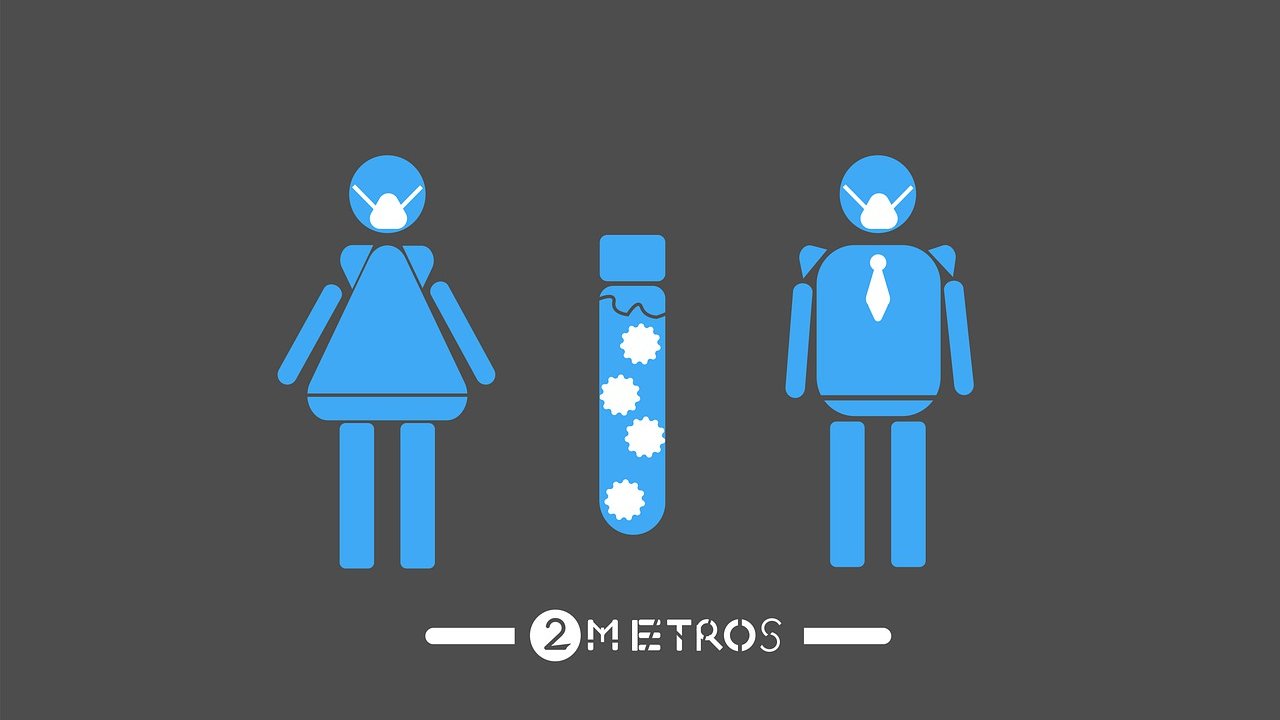
With rising energy costs and the impacts of climate change becoming more apparent, many homeowners are looking to make their homes more energy-efficient and environmentally friendly. A key part of this is choosing the right insulation. In this article, we'll explore three eco-friendly insulation alternatives for your home.
Environmentally friendly insulation
Before we delve into the different options, let's first understand what makes an insulation material 'eco-friendly'. A truly green insulation option is one that has minimal environmental impact. This could be because it's made from renewable resources, has a low embodied energy (the total energy required to produce a product), or is recyclable at the end of its useful life.
Now, let's take a look at the three eco-friendly insulation alternatives.
1. Sheep's wool insulation
Sheep's wool, a natural and renewable resource, is a fantastic eco-friendly insulation alternative. Not only is wool a highly effective insulator, but it also has excellent moisture management properties, can improve indoor air quality, and is naturally fire resistant. It's also fully recyclable and has a low embodied energy.
However, sheep's wool insulation is typically more expensive than traditional insulation materials, although the long-term energy savings can offset this initial cost.
2. Recycled denim insulation
Recycled denim, or cotton, insulation is another great green insulation option. It's made from post-industrial recycled cotton fibers (the clippings from denim jeans production) and is free from formaldehyde, a common toxic additive in traditional insulation. Like sheep's wool, recycled denim insulation is effective at maintaining a stable indoor temperature and managing moisture.
The main downside is that recycled denim insulation is prone to settling over time, which can reduce its insulating capabilities. It's also not as widely available as other insulation materials, although this is starting to change.
3. Cellulose insulation
Cellulose insulation is made from recycled paper products, making it a highly sustainable choice. It's also treated with fire retardants for safety. Cellulose insulation has a high R-value (a measure of thermal resistance), so it's very effective at preventing heat loss or gain. However, it can be susceptible to moisture damage, so it's important that it's properly installed and protected.
Choosing the right insulation
When choosing an eco-friendly insulation alternative for your home, consider factors such as your local climate, the age and construction of your home, and your budget. Remember, the most eco-friendly option is the one that reduces your home's energy usage the most. So, it's worth getting a professional energy audit to help determine the best insulation for your needs.
As you can see, there are several eco-friendly insulation alternatives to choose from. Whether you prefer the natural warmth of sheep's wool, the recycled content of denim insulation, or the high R-value of cellulose, there's a green insulation option to suit every home. And by choosing an eco-friendly insulation material, you can help reduce your environmental footprint, make your home more energy-efficient, and even save on your energy bills.


